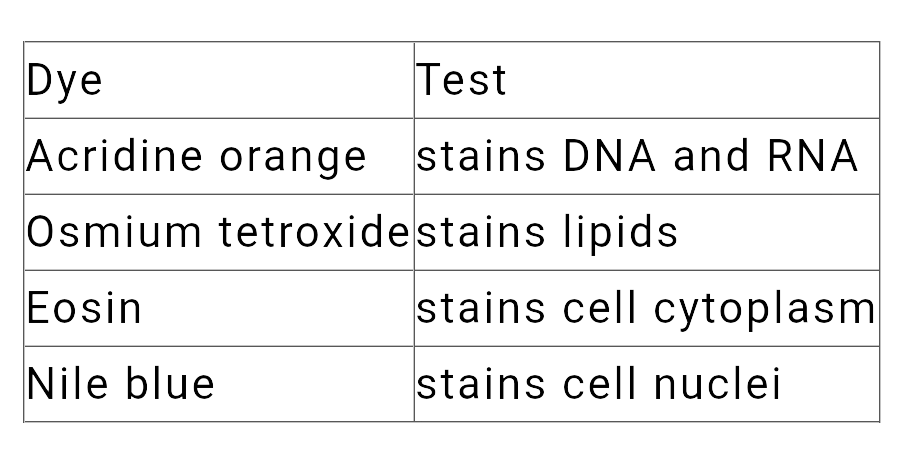Western Ghats have come under the category of Hotspot because of
High endemism
High elevation
Tropical climate
Evergreen forest.
The correct Answer is:A
Step-by-Step Text Solution:
1. Understanding Biodiversity Hotspots: Biodiversity hotspots are regions that are both rich in endemic species and experiencing significant habitat loss. To qualify as a biodiversity hotspot, a region must have at least 1,500 species of vascular plants as endemics and must have lost at least 70% of its original habitat.
2. Introduction to the Western Ghats: The Western Ghats, a mountain range along the western coast of India, is recognized as one of the eight "hottest hotspots" of biological diversity in the world. It is known for its rich biodiversity and unique ecosystems.
3. High Endemism in the Western Ghats: The Western Ghats are home to a large number of endemic species, meaning these species are not found anywhere else in the world. This includes various plants, animals, and other organisms that have evolved in this specific region.
4. Significance of Endemism: The high level of endemism in the Western Ghats contributes to its designation as a biodiversity hotspot. The presence of numerous unique species indicates a rich and diverse ecosystem that is crucial for ecological balance.
5. Threats to Biodiversity: Despite its rich biodiversity, the Western Ghats face threats from deforestation, urbanization, and climate change, which have led to habitat loss. This makes the conservation of this region even more critical.
6. Conclusion: Therefore, the Western Ghats have come under the category of biodiversity hotspots primarily due to their high endemism, which is a key criterion for such classification.
Final Answer: The Western Ghats have come under the category of hotspot because of high endemism.
---
Topper's Solved these Questions
Similar Questions
A sample was given to the lab technician for figuring out whether the cells of the sample come under the category of prokaryote or eukaryote . Four of the dyes are described in the determining process .

Predict the stain that was used by the lab technician that help her identify whether sample cells will come under the group of prokaryote or eukaryote.
View SolutionSkeletal muscles come under the broad category of muscle tissue for the animals. How many of the following statements are correct related to the skeletal muscles.
I. They are closely attached to bones.
II. These are involuntary in the activity.
III. They are typically found within the blood vessel
IV. Several muscle fibers are enclosed by a sheath of connective tissue.
View Solution
Knowledge Check
Marine fish when placed under tap water bursts, because of:
AEndosmosisBExosmosisCDiffusionDPlasmolysisMarine fish when placed under tap water bursts, because of:
AEndosmosisBExosmosisCDiffusionDPlasmolysis
Western Ghats of India is hot spot, because :
View SolutionAssertion: Western Ghats are included among the hot spots of biodiversity.
Reason: Western Ghats have greater amphibian diversity than Eastern Ghats
View SolutionThe following reaction falls under the category of

View SolutionCold - blooded animals fall under the category of
View SolutionWhy Western Ghats in India have been declared as biological hot-spots?
View SolutionBoth Heamophilia and Thalassemia are blood related disorders in humans Write their causes and the the difference between the two . Name the category of genetic disorder they both come under .
View Solution
